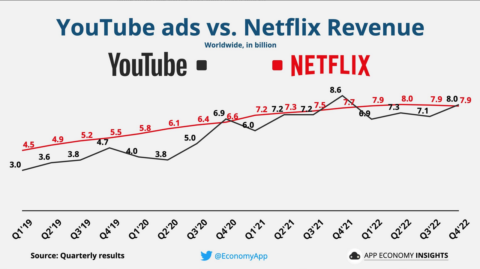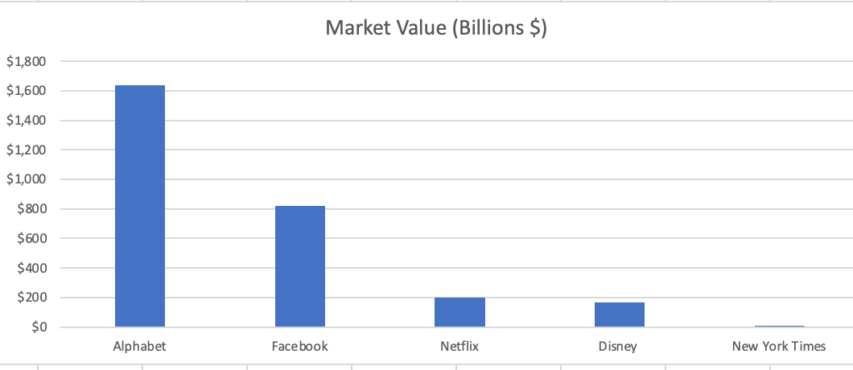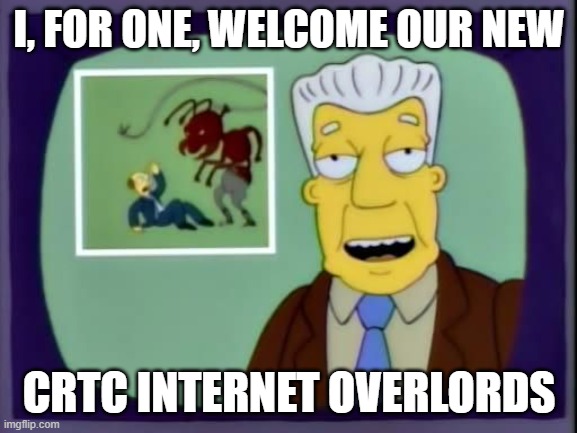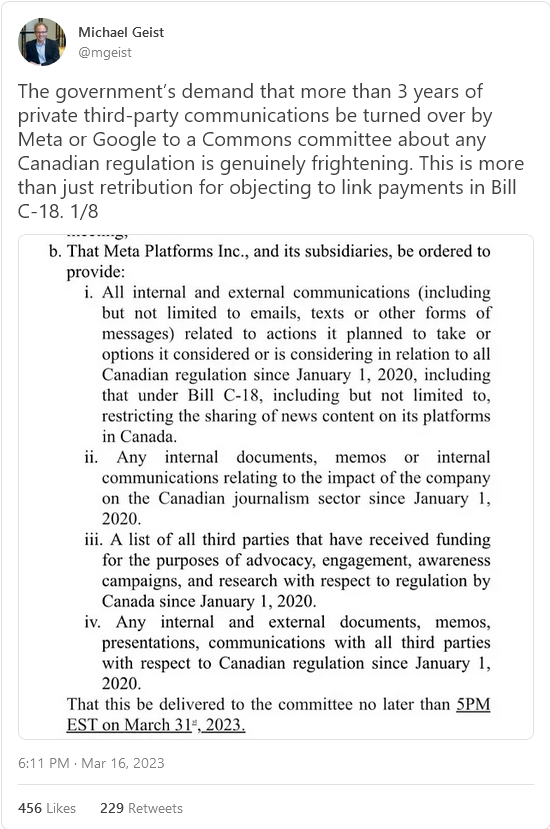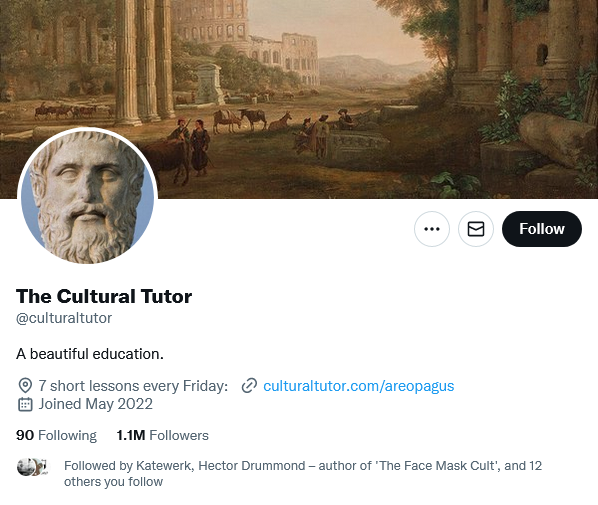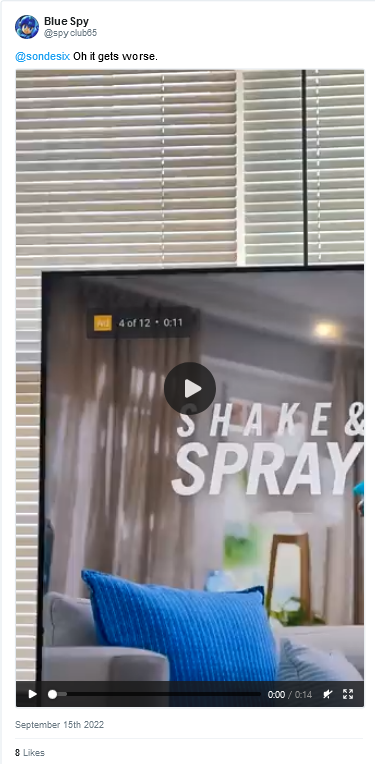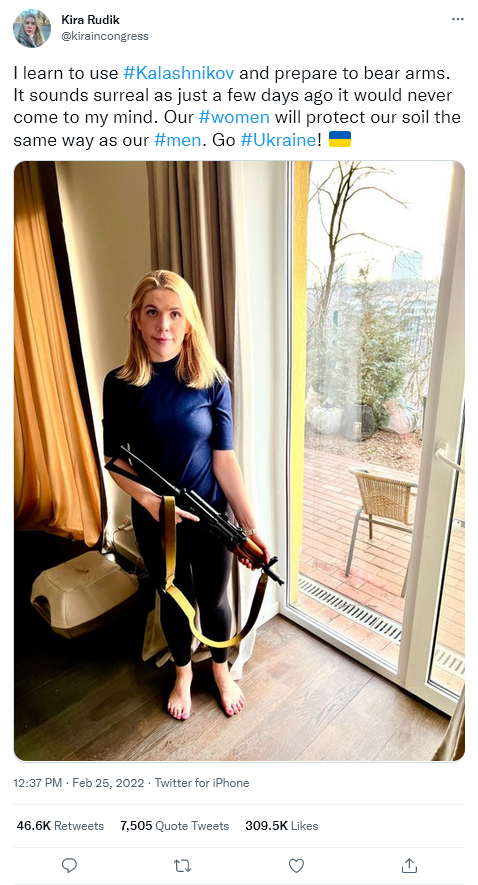Tom Knighton on a recent New York Post article calling out Google for their strong political biases and how they inform everything that Google and its subsidiaries and affiliates do:
Once, the company was well-known for having the phrase “Don’t be evil” painted on a wall in their headquarters. It’s a noble sentiment, but apparently, it’s now more like “
Don’tbe evil.”That’s pretty clear after what we learned from the New York Post:
Google has been putting its thumb on the scale to help Democratic candidates win the presidency in the last four election cycles during which it censored Republicans, according to a right-leaning media watchdog.
The Media Research Center published a report alleging 41 instances of “election interference” by the search engine since 2008.
The MRC published a report accusing Google of having “utilized its power to help push to electoral victory the most liberal candidates…while targeting their opponents for censorship.”
The report comes weeks after AllSides conducted an analysis which found that news aggregator Google News skewed even more off the charts in 2023.
Google has also come under fire after its Gemini AI image generator produced “woke”-inspired and historically inaccurate images such as black Vikings, female pope and Native Americans among the Founding Fathers.
Now, Google denies the claims and someone close to the company took issue with the methodology used to detect this supposed interference.
But the truth of the matter is that there’s absolutely no reason to believe Google on this because we’ve seen enough of it previously to know better.
For example, YouTube has a profoundly leftward bias. The site is notorious for silencing right-wing voices while allowing leftists to get away with trampling community standards willy-nilly. YouTube is owned by Google, which means they’re at least tacitly endorsing the strategy.
From there, it’s not difficult to see the mothership taking on a similar role, if not originating it. They’re just able to hide it easier.
But even there, we can see it.
I use Google’s news feed regularly, particularly for my work at Bearing Arms. It’s common for me to look up “gun rights” and the first article that shows up, unless I set it for the most recent stories, be one treating them as a negative thing.
So yeah, I have no doubt that Google is playing favorites.
The worst part is that there isn’t anything that can be done through the legal system as far as I’m aware. But that doesn’t mean someone there didn’t realize what they are doing is wrong.
Most probably didn’t, though. They believe the Holy Progressive Cause is so vital, so unerringly good, that they can and should do anything to serve it. That includes displaying a staggering degree of bias in the service of what you believe to be the greater good, your business be damned.
But they knew it would be considered wrong by a great many people, which is why they’re hiding it.



